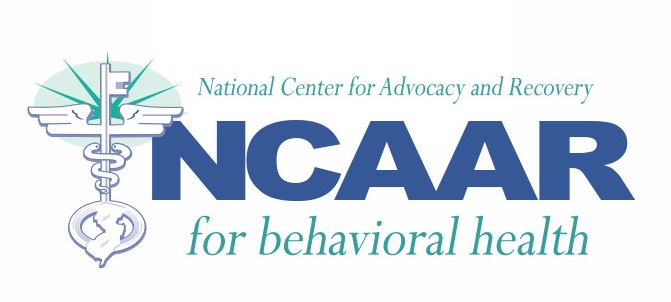Governor Chris Christie deserves praise for making sentencing reform a central issue in his State of the State. Known for flexing his political muscle, the Republican governor put his bully pulpit to the best possible use in saying the time has come to be smart on crime.
The governor was both firm and caring in his call for providing treatment for non-violent drug offenders instead of putting them in prison. His speech on January 17 insisted that the lives of non-violent offenders are not to be discarded. He said, “We want to help you, not throw you away. We will require you to get treatment. Your life has value.” These lives, as all lives, he said, are worthy of redemption.
He demonstrated he understands addiction to be a disease that exempts no one, that “touches nearly every family” in the state. Denial of having a drug or alcohol problem, he said, has kept many offenders from entering drug court, so his proposal removes the possibility of their opting for a prison term, which would likely see them released only to return to the drug use, crime and re-arrest.
The proposal is large scale, with the governor urging a “transformation” of the way we deal with “drug abuse and incarceration in every corner of New Jersey.” It would expand drug courts to every county in the state, affecting approximately 7,000 non-violent drug offenders.
The governor noted that for many serving prison sentences, drug addiction was the “underlying” problem, the root of the crimes they committed. The numbers bear this out: Slightly less than 30 percent of New Jersey’s prisoners are incarcerated due to a base offense involving drugs and 81 percent have an addiction according to a report by the Urban Institute. Furthermore, the recidivism rates for drug court are very low when compared with the rates for people coming out of prison: 8 percent for drug court graduates as opposed to 67 percent for the general prison population. Studies show that treatment can cut addiction in half, reduce criminal activity by up to 80 percent, reduce arrests up to 64 percent, reduce recidivism by 53 percent and help reclaim thousands to live as responsible parents, taxpayers, and law-abiding citizens.
With the budget in mind, Gov. Christie noted that treating offenders with a drug problem is two-thirds less expensive than imprisoning them. At his town hall meeting in Irvington on January 19, he said the annual cost of incarcerating someone convicted of a non-violent drug crime was $39,000, whereas having that person treated through drug court for one year would be 12,000.
Recognizing the political challenges that will accompany this undertaking, the governor asked the Legislature and the Chief Justice to join him in making it a reality. He has a ready legislative partner in Senator Raymond Lesniak, a Democrat. The senator has a package of bills that would expand drug court, among other reforms, which he discussed at a State House press conference on January 23.
A related area of concern is what becomes of those who graduate from drug court. To complement drug court, the state must put in place reentry programs and policies that help offenders leave behind the circumstances that in many cases contributed to their involvement with drugs. It is crucial, therefore, to remove barriers to employment and education, and Christie and Lesniak have both considered these matters in their reentry proposals.
It was striking that Gov. Christie stressed the human cost of imprisoning people with alcohol or drug problems. He said that everyone deserves a “second chance” and maintained that “no life is disposable.” The governor, whose forceful demeanor is so often at the forefront, in this case showed strength of a different sort. It may well take a conservative of his standing to see sentencing reform through. For the thousands for whom treatment will help them break the cycle of drug use and crime, and for all New Jersey residents, it is surely heartening to see signs of sound policy carrying the day over partisan norms.
Dan Meara
NCADD-NJ Public Information Manager
